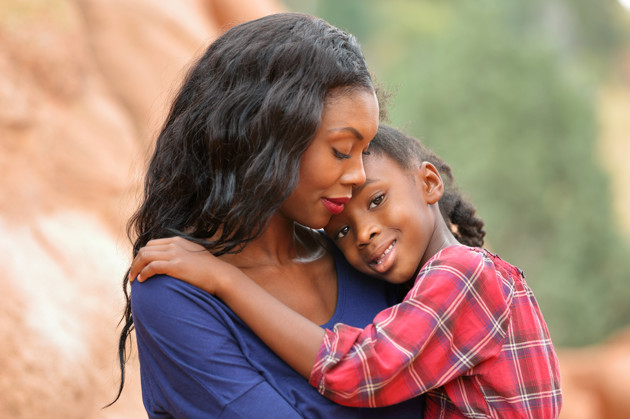You’ve probably heard that good communication is key for a healthy marriage, but have you considered how important it is for your relationship with your kids? Not only will these discussions strengthen your relationship, talking about these important topics will help you raise a successful and loved child.
1. Bullying
The bullying conversation is two-sided. First, it’s important to teach your child about what to do if they or someone they see are bullied. Second, even though most parents think their child couldn’t be the bully … it happens. Teach your child not to be a bully themselves.
There are also different kinds of bullies you should discuss with your child. While the first thing that comes to mind might be physical bullying (like pushing a kid into a locker) there are also emotional bullies, people who bully others online and kids who spread rumors.
2. Self-esteem
A recent study shows that by the early age of five, children already have a developed and malleable sense of self-esteem. “We were surprised to find is how strong it was,” said Dario Cvencek, a research scientist at the University of Washington’s Institute for Learning & Brain Sciences and a co-author of the study. He continued, outlining how “the first five years seems to be a foundation on which children build for the rest of their lives.”
As parents, that gives you a lot of responsibility. Build up your child’s self-esteem and have a genuine conversation with your kid about how they feel about themselves. Even though they are young, also discuss negative body images and how they can feel good about their body.
3. Accepting responsibility
It’s important to teach children from an early age to accept responsibility (and consequences) for their actions. This discussion can easily be started when siblings fight. For example, your oldest might have teased your younger child, who reacted by hitting their older brother. Both children are probably thinking the other is to blame and they themselves are at not at fault. It’s easy for the parent to step in a explain that both children need to be responsible for their reactions.
4. The birds and the bees
There isn’t one right way and one right age to talk to your child about sex. Some children might jumpstart the conversation themselves by asking questions, and sometimes it’s up to you to decide when they’re ready to have the talk.
Parenting suggests six or seven as a good age to to have a basic discussion about intercourse. Remember it’s also important to teach other aspects of sex, like the right and wrong words for private parts and how sex can be a part of a loving relationship but is a wrong thing when forced.
5. Respecting others
You might have seen a child pointing and talking loudly at a person who looks or acts differently. Flushed and embarrassed, you hurriedly whisper to your child it’s rude to point, and then explain why that person might have purple hair.
While they are young, it’s important to discuss with your child the importance of respecting everyone, despite differences in belief, behavior, appearance, ethnicity, gender, circumstances and other situations. It’s also especially important to teach children to respect their elders.
6. Handling money
Discussing finances is a very important topic to discuss with children that so many parents don’t think of bringing up. While a six-year-old probably isn’t ready to learn about the stock market and home equity, you can begin to teach children early about basic financial concepts like earning money, saving money and getting into debt.

7. Peer pressure
Sometimes, asking your kid “if your friend jumped off a cliff, would you do it too?” isn’t going to cut it. Raise your children with good standards and discuss with them often how to stand up for what they believe in. Give your child confidence in themselves and teach them to resist peer pressure.
From bullying to self-esteem, it’s important to discuss all these topics with your children before they grow up. As parents, these life lessons should come from you, so sit down and have a meaningful conversation with your kid.



